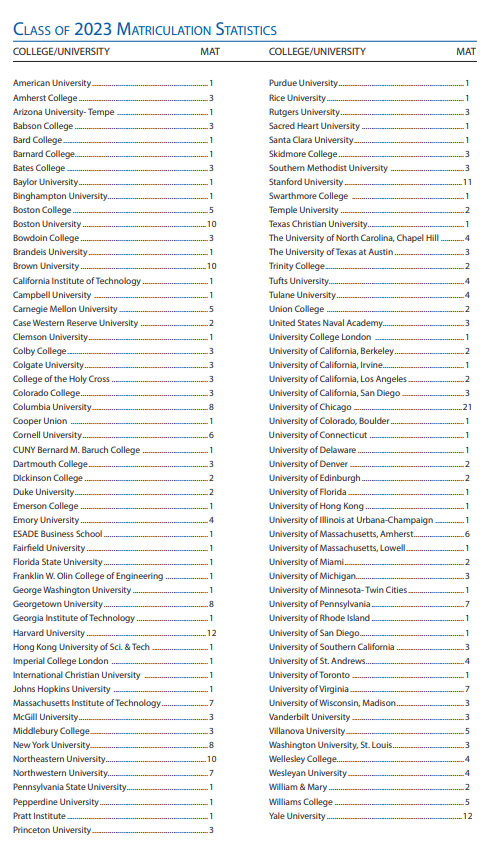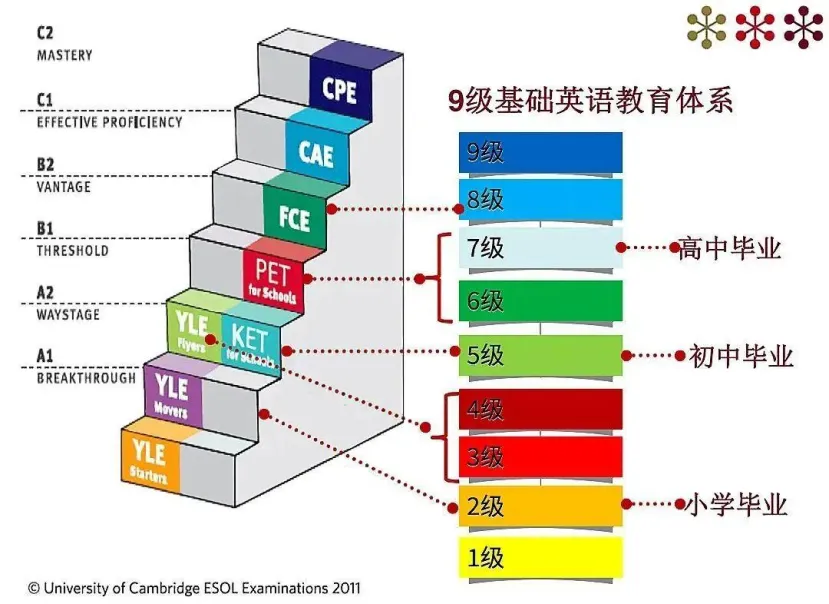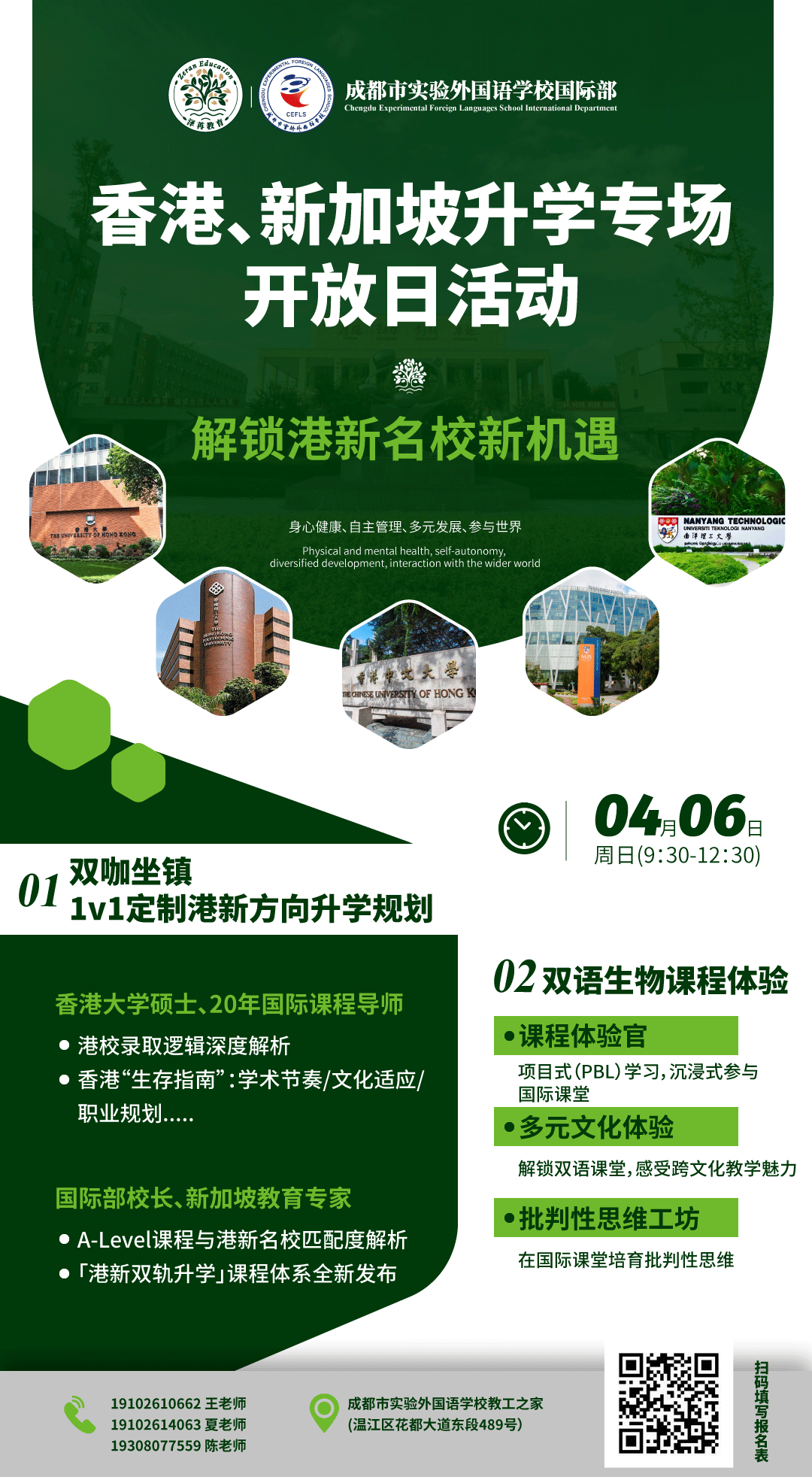随着四月的到来,WSDA春季赛四月场即将拉开帷幕,Junior即兴辩论组别的小选手们也将迎来一场关于科技与伦理的深度对话——为预防遗传疾病,人类基因编辑是否应该合法化?这是一个直击科技前沿的命题,它关乎医学进步,也触及道德底线;既是理性论证的考场,也是价值碰撞的舞台。
本次,我们特别邀请到了多次担任WSDA赛事各项裁判工作的Zaiqi教练,为大家解析这个科技含量十足的辩题,帮助你更好把握论点逻辑,打出风格鲜明的精彩辩论!
Zaiqi
辩题解析者
- 毕业于美国最顶尖文理学院之一Oberlin College,高中毕业于南京外国语学校,高中阶段任南外辩论社社长;
- WSDA 2017年北京赛区冠军、2016年山东赛区季军、2017年江苏赛区季军、2017年上海赛区国际公开组8强;
- 2018-25年间多次担任WSDA赛事各项裁判工作,多次在全国总决赛和冬季冠军赛担任决赛裁判长。
Topic:Human gene editing should be legalized for preventing genetic diseases.
为预防遗传疾病,人类基因编辑应该合法化。
随着基因编辑技术(尤其是CRISPR)的发展,医学界在精准修改人类DNA方面取得了突破,这为消除遗传疾病、减少痛苦和降低医疗成本提供了可能性。然而,基因编辑也引发了对伦理、安全性和社会公平的广泛争议。这场辩论的焦点在于:我们是否应该让基因编辑合法化,从而在预防疾病和潜在风险之间找到平衡?
Preparation Tips备赛建议
Understand the Core Concepts
理解核心概念
在备赛过程中,选手需要明确一些关键词的定义,如“基因编辑(gene editing)”的具体含义、CRISPR技术的运作方式、哪些疾病被归类为遗传性疾病等。
Human Gene Editing:The process of altering DNA sequences in human cells, particularly using technologies like CRISPR.
Legalized:Permitted by law, with potential regulations and oversight.
Genetic Diseases:Hereditary conditions caused by DNA mutations, such as cystic fibrosis or sickle cell anemia.
Find a Logical Angle
确定论证逻辑
辩论中,正方应强调基因编辑的医疗价值,如减少遗传病患者的痛苦、降低长期医疗成本等,并提出合理的监管措施。反方则可以从技术风险、伦理隐患和社会公平等角度切入,论证“潜在风险可能超过短期利益”。
The pro sideshould frame gene editing as a medical advancement, emphasizing its potential to prevent suffering, reduce healthcare burdens, and improve quality of life. They should preempt ethical concerns by advocating for strict regulations to ensure safety.
The con sideshould shift the debate towards risks, arguing that unintended genetic consequences, ethical issues (e.g., eugenics), and socioeconomic inequalities outweigh potential benefits. They should highlight the uncertainty of long-term effects and propose alternative medical advancements as safer solutions.
Both sidesmust control the ethical framing—whether gene editing is seen as a medical necessity or a dangerous interference with nature.
Topic Overview &Background Info
Advancements in gene-editing technology, particularly CRISPR, have revolutionized the medical field by enabling precise modifications to human DNA. This has opened the possibility of eliminating genetic diseases before birth, potentially reducing suffering and long-term healthcare costs. Proponents argue that legalizing gene editing for medical purposes could prevent hereditary conditions such as cystic fibrosis, sickle cell anemia, and Huntington’s disease. However, opponents raise concerns about the ethical implications, unintended genetic consequences, and the potential for genetic enhancements leading to social inequality. This debate ultimately questions whether the benefits of gene editing in preventing disease outweigh the ethical and safety risks associated with its use.
Pro Arguments
01、Prevention of Genetic Disorders
Analysis: Gene editing, like CRISPR, allows for precisely fixing the particular genes responsible for genetic disorders. This has the potential to completely remove hereditary diseases that take millions of lives and result in long-term suffering. Legalizing gene editing provides a path toward healthier generations, reducing suffering and the burden on healthcare systems.
Example:"Currently, tens of millions of people around the globe suffer fromgeneticdisorders. By editing the gene responsible for Huntington's disease, we could prevent future generations from enduring its devastating effects."
02、Ethical Responsibility
Analysis: It is immoral to let people suffer when we already have the cure. If technologies exist to prevent these illnesses, we as an ethical society are obligated to use them. Gene editing can prevent unnecessary pain and death caused by genetic problems, ensuring that no future generation will be born with severe health problems and given a chance for a healthier life.
Example:"All the doctors have takentheoath to do no harm to their patients. However, withholding the possible treatment of gene editing from the patients breaks the oath by brining sufferingto the patients."
03、Cost Savings
Analysis: Currently, most healthcare systems around the globe face great pressure. Gene editing can reduce long-term healthcare costs by preventing genetic diseases in the first place, which are not only expensive to treat but also manage. By treating these diseases early, we could save billions in healthcare spending over time and better allocate healthcare resources.
Example:"Those born with genetic diseases suffer both physically and financially. The cost of gene editing treatments is far less than the lifelong medical bills for patients with genetic disorders."
04、Advancement of Medical Science
Analysis: Legalizing gene editing would open a brand new field for scientists to explore and could facilitate innovation in medical research, leading to new treatments and understandings of genetics. This could also contribute to broader breakthroughs in personalized medicine, improving care tailored to individual genetic profiles.
Example:"Previously, studies on human genes wererelatively slow as it lacks real life implementation. Legalizing gene editing would push scientific boundaries, giving scientists thechance to unlock the cure a wide range of genetic diseases."
Con Arguments
01、Ethical Concerns and 'Designer Babies'
Analysis: The legalization of gene editing could result in the serious abuse of the system. The practice of "designer babies," where genetic traits like intelligence or appearance might be selectively chosen, would happen. This could deepen societal inequalities, allowing only those who could afford genetic editing to remain healthy, smart, and good-looking.
Example:"If gene editing is allowed for disease prevention, it could lead to controversial practices like selecting for intelligence or physical appearance. And the system could be abused by the rich."
02、Unintended Consequences
Analysis: Human genes are a delicate and complicated system that human beings have not yet fully understood. Gene editing, though precise, carries the risk of unintended mutations or side effects that could cause new health problems. The long-term impact on human genetics is not fully understood, and gene editing may harm future generations.
Example:"CRISPR might eliminate a genetic disease, but it could also cause unforeseen side effects that affect other important genes. Allowing a medical procedure with unknown consequences is highly irresponsible."
03、Social and Psychological Impacts
Analysis: The Legalization of gene editing could result in the toxic mentality of parents as they would want to ensure their children are "genetically perfect." This would lead to potential social and psychological issues, such as discrimination against those with untreated genetic disorders or increased pressures on individuals to get rid of certain genetic traits.
Example:"There's a risk that children born without genetic modifications may face discrimination. And our society would gradually lose sympathy for them."
04、Loss of Genetic Diversity
Analysis: Widespread gene editing may reduce genetic diversity, which is vital for the survival of the human species. A gene that seems useless or harmful to some might serve important functions that we currently don’t know. A lack of genetic variation could make populations more vulnerable to diseases or environmental changes, harming the human race.
Example:"If everyone is genetically edited to avoid certain diseases, we may lose the genetic diversity that helps us adapt to new challenges."
基因编辑的争议,关乎科学的边界与人类社会的价值取向,而辩论,正是帮助我们在复杂问题中理清逻辑、锻炼批判性思维的绝佳方式。无论你是支持还是反对,关键在于如何建立有力的论证、如何回应对方观点,最终在思辨中成长!













